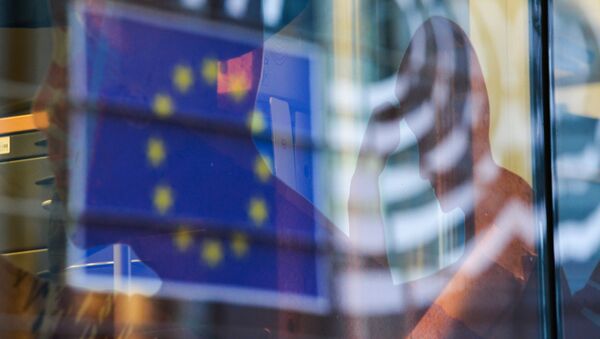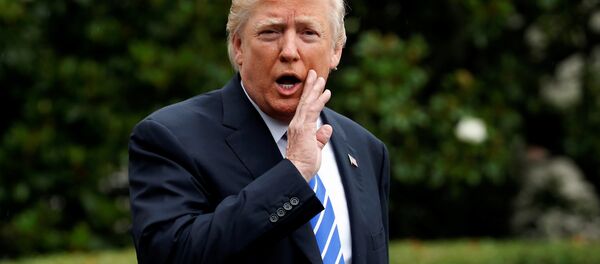The sanctions target Russia's defense, intelligence, mining, shipping and railway industries and restricts dealings with Russian banks and energy companies. The bill also stressed that the United States would continue to oppose the construction of the Nord Stream 2 natural gas pipeline. The law also limits the US president's ability to ease any sanctions on Russia by requiring Congressional approval to lift any restrictions.
"The Association of European Businesses expresses its disagreement over US economic sanctions. The Association is convinced that business is one of the most important connecting links between states and people, and the principle of free trade should not be restricted by such measures," the AEB said in a statement.
The bill has been criticized by the European Union, particularly due to the concerns that the new sanctions will impact its economic interests, especially its energy cooperation with Russia. France and Germany have spoken out against the bill as it affects European industries while advancing US commercial interests.
"The Association calls on the Heads of States and Governments of the EU, the USA and Russia to define a new policy, leaving business out of politics and finding a common, mutually acceptable, solution in the spirit of peace and conciliation," the statement said.
In April, Gazprom's subsidiary Nord Stream 2 AG signed a deal with French Engie, UK’s Royal Dutch Shell, Austria’s OMV and Germany's Uniper and Wintershall, which agreed to provide part of long-term financing of the gas pipeline project, estimated at 9.5 billion euros ($10.6 billion).
The Nord Stream 2 project presumes the construction of two gas pipelines with a combined annual capacity of 55 billion cubic meters of gas. The new pipeline is planned to be laid along the existing Nord Stream pipeline route from the Russian coast through the Baltic Sea, on to a hub in Germany.



